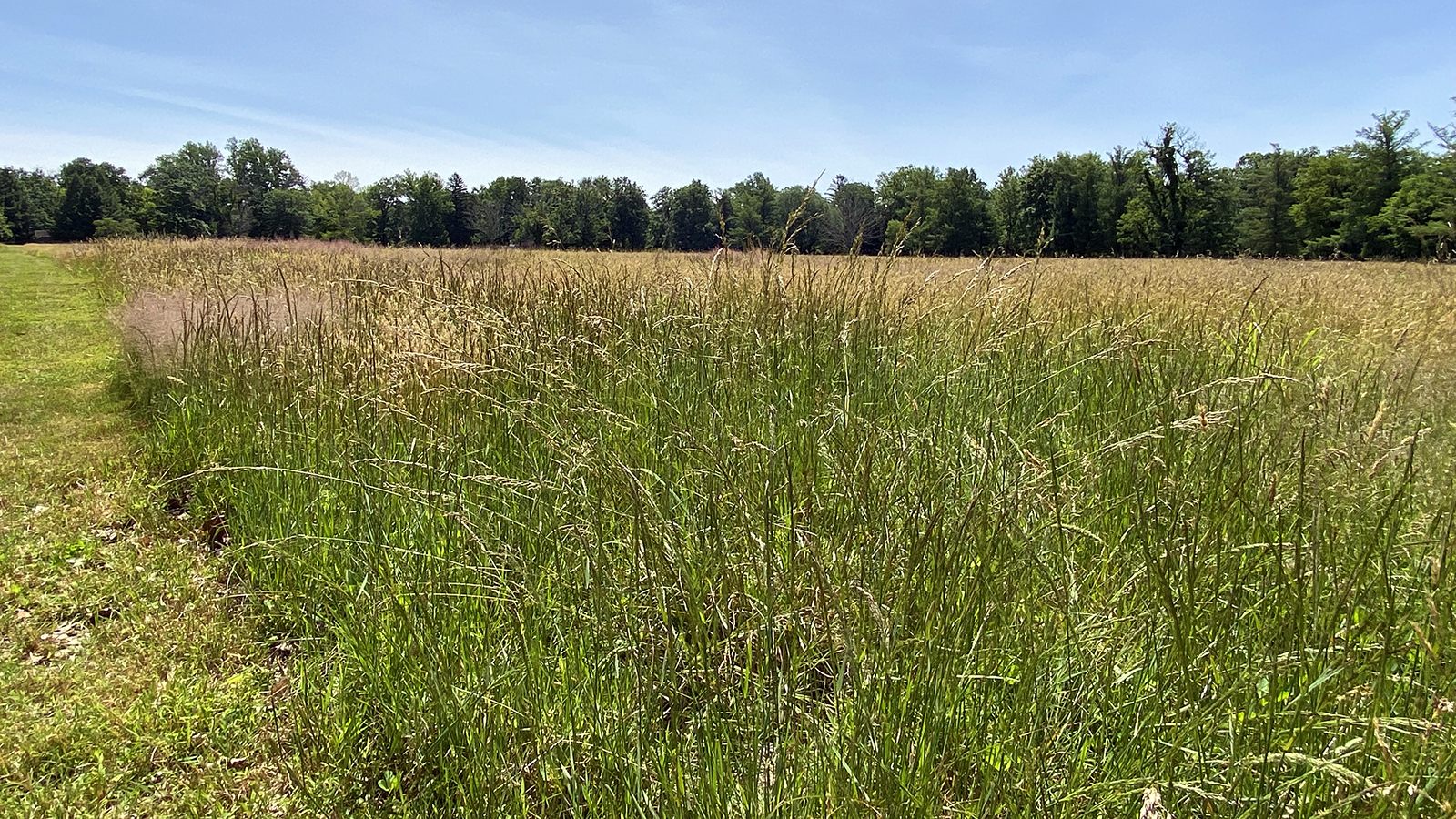
Washington Crossing Historic Park is now undertaking a reduced mowing approach to land management.
This long-term sustainability land use practice benefits native and local wildlife and saves energy and taxpayer money. Reduced mowing means less fuel and more time for staff to concentrate on repairing and maintaining historic structures and other projects to beautify and enhance the park.
Native flowers like milk weed, butterfly weed, bee balm, and cone flower (echinacea) are just a few that thrive with reduced mowing. Native and warm season grasses and wildflowers have larger root systems that help maintain soil, deter erosion and help sequester carbon.
Encouraging native wildflowers also helps pollinators like monarch butterflies, ruby throated humming birds, and native and honey bees. In addition, reduced mowing creates a habitat for opossums (which eat ticks) and foxes (which eat mice and other small rodents that also carry ticks).
Areas that are undergoing this reduced mowing approach include:
- The carnival field on River Road (route 32)
- The Valley of Concentration diagonal from the Visitor Center
- The fields north of the soccer fields
- The area between the Delaware Canal and the sheep pastures at the Thompson-Neely Farmstead
- A small stretch along the Delaware Canal
Areas that will continue to be mowed include:
- The Visitor Center and Historic Village area
- The Greene Pavilion area and parking lot near the Valley of Concentration
- The parking lot and surrounding area near the gate along Route 532
- Picnic areas, including the picnic area at Bowman’s Hill Tower, the Sullivan Pavilion, and Scout picnic areas

